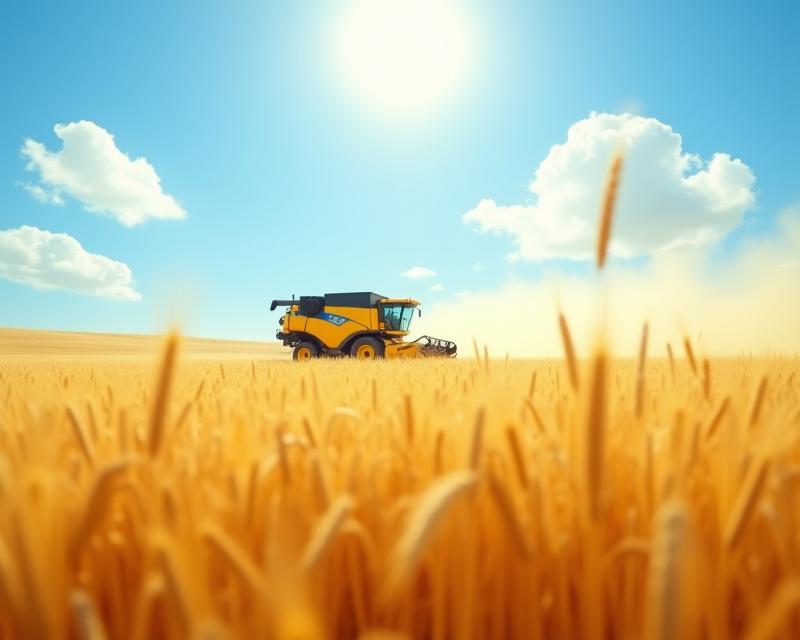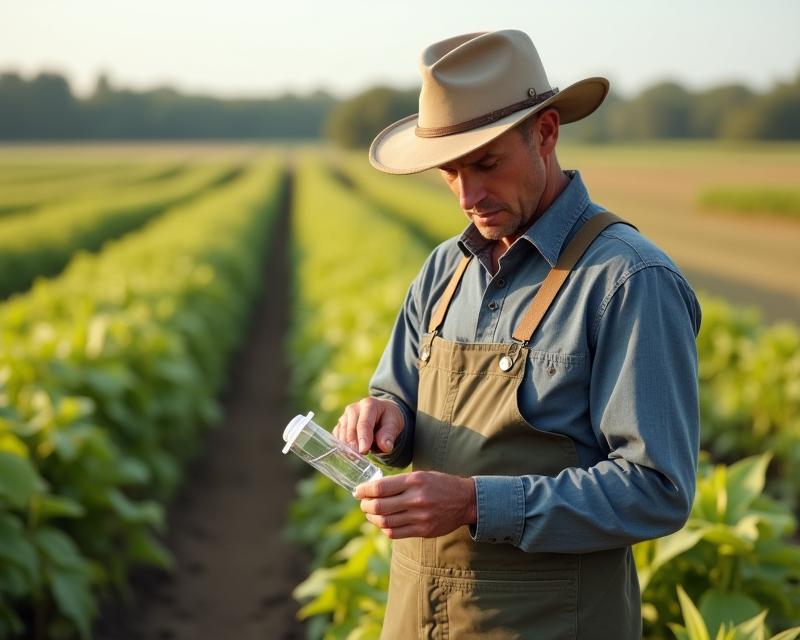GMOs: Farming's Future?
Publish in Agriculture el 28/06/2025 22:17
GMOs: Understanding the Debate
Genetically Modified Organisms (GMOs) have become a cornerstone of modern agriculture, sparking both excitement and controversy. But what exactly are GMOs, and what impact do they have on our food supply and farming practices? This article delves into the science behind GMOs, explores their benefits and drawbacks, and examines their role in feeding a growing global population.

What are GMOs?
At their core, GMOs are plants, animals, or microorganisms whose genetic material (DNA) has been altered using genetic engineering techniques. This involves inserting genes from other organisms – plants, bacteria, or even viruses – to impart desirable traits. These traits might include pest resistance, herbicide tolerance, enhanced nutritional value, or improved yield. Unlike traditional breeding methods, which rely on natural selection and cross-pollination, genetic engineering allows for precise and targeted modifications.
Benefits of GMOs in Farming
The adoption of GMOs has brought several advantages to farmers. Increased Crop Yields are a significant benefit, as GMOs can be engineered to resist pests and diseases, leading to less crop loss. Reduced Pesticide Use is another key advantage, with many GMO crops engineered to produce their own insecticides. Herbicide Tolerance allows farmers to control weeds more effectively, simplifying cultivation. Furthermore, some GMOs are enhanced with Improved Nutritional Value, such as Golden Rice, which is engineered to produce Vitamin A.
Concerns and Controversies
Despite the benefits, GMOs have faced considerable scrutiny. Environmental Concerns include the potential for herbicide-resistant weeds to emerge and the impact on biodiversity. Health Concerns, though largely unsubstantiated by scientific consensus, persist among some consumers. Corporate Control over the seed market is also a concern, with a few large companies dominating the GMO seed industry. Transparent labeling and rigorous safety testing are crucial for addressing these concerns and building public trust.
The Future of GMOs
GMO technology continues to evolve, with ongoing research focused on developing crops that are more resilient to climate change, require less water, and offer enhanced nutritional profiles. As the global population continues to grow, GMOs are likely to play an increasingly important role in ensuring food security. However, ongoing dialogue, robust regulation, and transparent communication are essential to navigate the complexities of GMOs and ensure their responsible use in agriculture.





